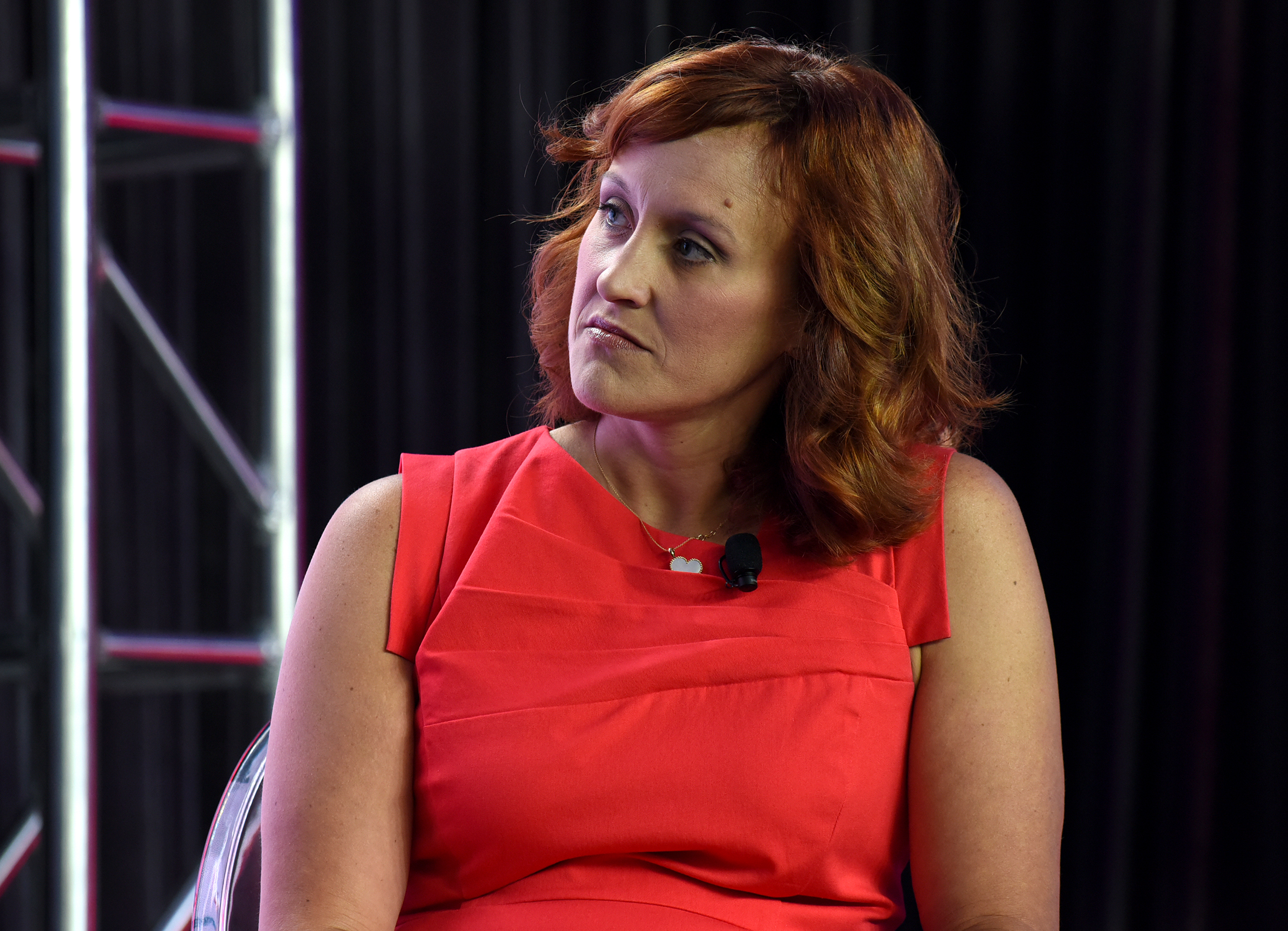Thousands of pages of confidential internal think tank emails and documents published by the New York Times yesterday shine a revealing spotlight on how some of the nation’s most prominent think tanks are used by corporate donors to promote specific policies — while concealing the financial interests involved.
The emails provide a “smoking gun” of evidence that corporations that donated to non-profit think tanks like The Brookings Institution were promised specific receivables in return.
For example, Lennar Corp., a home building company and Brookings donor was offered a spot as a Brookings senior fellow for one of its executives. “’He would be a trusted adviser,’ an internal Brookings memo said in 2014 as the think tank sought one $100,000 donation from Lennar,” the Times reported.
While critics of the institutions may have long suspected that corporate donors receive special treatment from the think tanks they back, think tanks have managed to maintain an air of independence and the respect of many policy makers in Washington D.C.
The newly revealed emails are striking in part because they reveal how corporate interests have affected left-wing think tanks like Brookings, which are sometimes regarded as less under the corporate thumb than right-wing overtly pro-corporate think thanks like the American Enterprise Institute or The Heartland Institute.
The documents show the precise ways that corporate donors are able to control the messages coming out of the think tanks they fund behind the scenes, while still preserving a public veneer of independence.
“The likely conclusions of some think tank reports, documents show, are discussed with donors — or even potential ones — before the research is complete,” the Times reported. “Drafts of the studies have been shared with donors whose opinions have then helped shape final reports. Donors have outlined how the resulting scholarship will be used as part of broader lobbying efforts.”
This tight control could throw the tax-exempt status of think tanks into question, experts told The Times. The non-profit status of many think tanks means that taxpayers are essentially subsidizing the research and messaging coming out of these institutions. When corporate donors receive specific services in exchange for money, the transaction becomes less like a gift and more like simply buying and selling in the marketplace.
But the idea of insisting that “donations” not come with strings seems to have struck some at Brookings as naive and archaic. “’Wouldn’t it be nice to go back to the greatest generation, in the post-World War II era of philanthropy, where they said, “gosh, Here is $1 million; spend it how you wish,”’ one Brookings managing director told the Times.
Some of the trove of confidential documents from think tanks involving government officials were obtained through open records laws. Others were simply described as “obtained by The New York Times and the New England Center for Investigative Reporting.”
But in the hundreds of pages from multiple think tanks now available online, the same patterns of corporate influence seem to play out again and again.
Oil and Gas Corporate Ties To Atlantic Council
Some of the documents relate not only to the corporations that the Times focused on, but also to oil and gas companies.
For example, both Chevron and Cheniere Energy are listed as donating $100,000 “and above” to The Atlantic Council. And at that level, The Atlantic Council has a lot to offer its donors.
“The highest level of giving, the Global Leadership Circle, allows corporate donors to play a role in Atlantic Council reports and events and to create what an Atlantic Council Corporate Program brochure calls custom-made ‘speaker series’ developed in consultation with the donors, describing this as one of the ‘tools and products required to meet their goals and needs,’” The Times reported.
The newly published documents do not delve deeper into the specific interactions between Cheniere and The Atlantic Council. But in January, DeSmog reported that Cheniere’s board member Heather Zichal was offered a perch at The Atlantic Council.
Using those credentials, Zichal appeared as a speaker at a panel sponsored by the American Petroleum Institute during the Democratic National Convention in Philadelphia, alongside politicians including Colorado’s governor John Hickenlooper, a top Clinton campaign advisor, and Washington state governor Jay Inslee.
In the program materials for that panel, Zichal was identified only as a “senior fellow for energy at the Atlantic Council,” a former top Obama advisor, and a consultant — but there was no mention of her position at Cheniere. The talk moderator described her even more simply to the audience: “On the end, Heather Zichal. And she’s a senior fellow for global energy at the Atlantic Council.”
Image credit: Heather Zichal, by Laura Evangelisto ©2016
It’s worth noting that while Zichal formerly worked as a top Obama advisor, helping to craft the 2008 Obama campaign energy policies — which incidentally supported an all-of-the-above approach to energy that led the administration to back widespread oil and gas drilling and fracking — in more recent years, she has been handsomely compensated by Cheniere.
“She received more than $400,000 worth of Cheniere stock her first year with the company, and has used her inside track to establish her own energy and climate policy consulting company —Zichal, Inc.,” according to Food and Water Watch.
The Atlantic Council title offered Zichal the appearance of independence at the DNC event — as she and the other panelists discussed topics that would be of great interest to Cheniere, a company whose fortunes are so deeply woven with exporting natural gas that its New York Times stock exchange symbol is LNG, or Liquefied Natural Gas.
But Zichal’s Atlantic Council fellowship gives her even more access relevant to Cheniere’s interests.
When she joined the Atlantic Council, she was offered a spot in the same Global Energy Center program as some other powerful former Obama officials: David Goldwyn (of the Global Shale Gas Initiative) and Cynthia Quartermann, the former administrator of the Pipeline and Hazardous Materials Safety Administration. In other words, two people who recently ran government offices centered on fracking and on pipelines, both central to Cheniere’s LNG exporting businesses.
DeSmog previously took Zichal to task for meeting with Cheniere Energy officials while she was still employed in the Obama administration, and for failing to take a “cooling off” period before joining a company she recently regulated.
As of press time, The Atlantic Council and Zichal had not yet responded to a request for comment from DeSmog.
It’s the ability for corporate self-interest to conceal itself during discussions with policy makers that The Times faulted the think tank industry for enabling.
“People think of think tanks as do-gooders, uncompromised and not bought like others in the political class,” Bill Goodfellow, executive director of one think tank, the Center for International Policy, told The New York Times. “The danger is we in the think tank world are being corrupted in the same way as the political world. And all of us should be worried about it.”
Image credit: Laura Evangelisto ©2016
Subscribe to our newsletter
Stay up to date with DeSmog news and alerts








